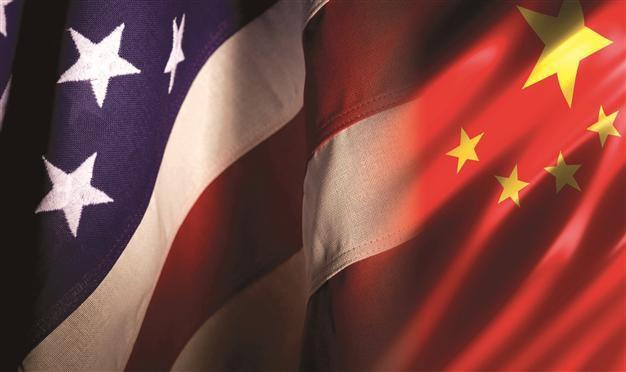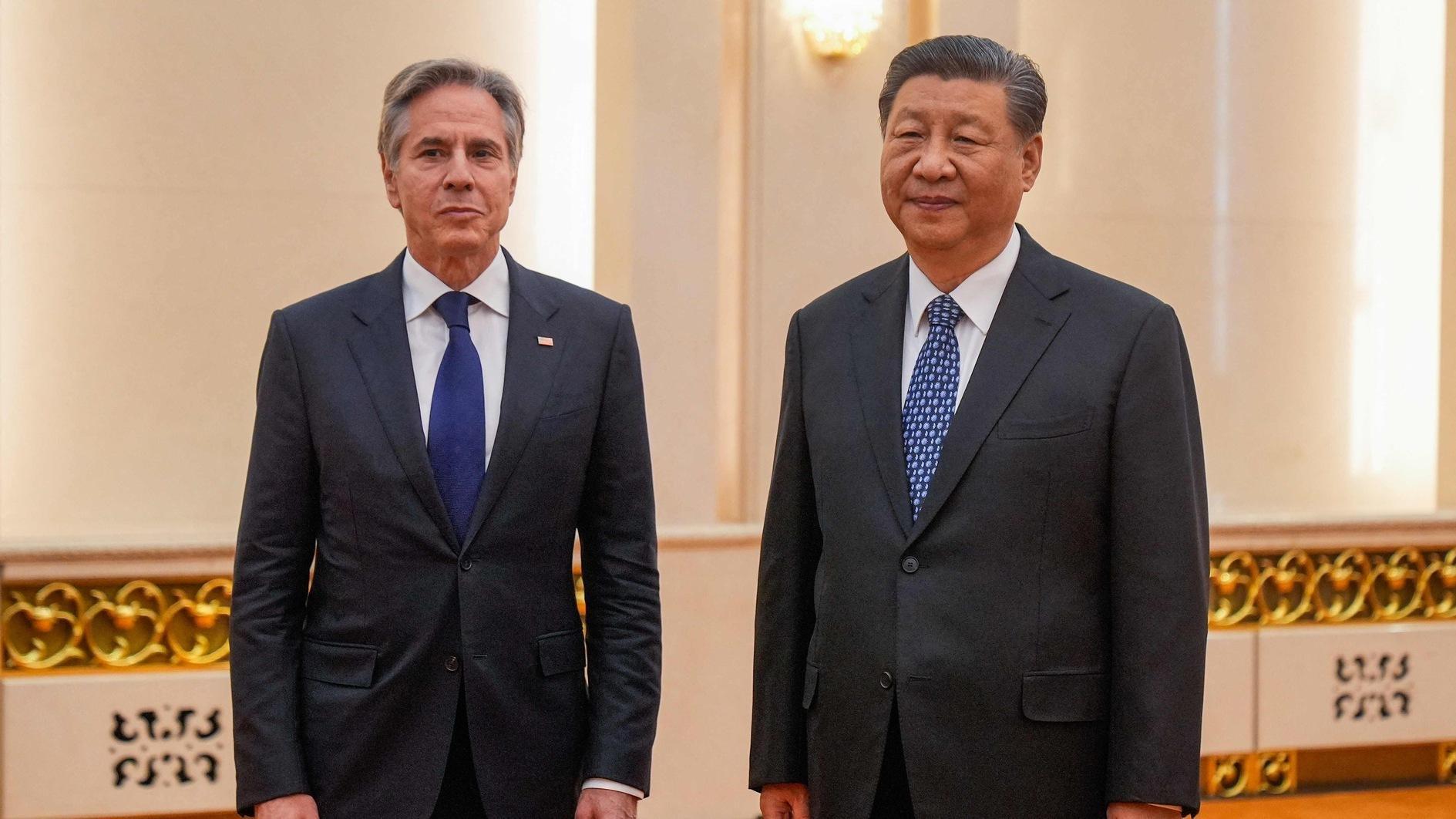Balance of power 'shifting' from US to China
WASHINGTON

The survey said Beijing’s economic power is on the rise, and many think it will eventually supplant the United States as the world’s dominant superpower
Public opinion around the world believes the global balance of power is shifting from the United States to China, according to a survey conducted in 39 nations by the Pew Research Center’s Global Attitudes Project. The survey said Beijing’s economic power is on the rise, and many think it will eventually supplant the United States as the world’s dominant superpower.However, China’s increasing power has not led to more positive ratings for the country. Overall, the U.S. enjoys a stronger global image than China. Across the nations surveyed, a median of 63 percent express a favorable opinion of the U.S., compared with 50 percent for China.
Globally, people are more likely to consider the U.S. a partner to their country than to see China in this way, although relatively few think of either nation as an enemy. Some 14 percent of Turks see the U.S. as a partner, while 49 percent see it as an enemy. The U.S. is also seen as somewhat more willing than China to consider other countries’ interests. Still, both of these world powers are widely viewed as acting unilaterally in international affairs, and the military power of both nations worries many. China’s growing military strength is viewed with trepidation in neighboring Japan, South Korea, Australia and the Philippines. In 22 of the 39 nations polled, the U.S. is seen as the top global economy, while China is viewed as having the upper hand in eight countries, including U.S. allies Canada, Britain, Germany and France.
Only 21 percent Turks see US positively
Since 2008, the population share that calls China the world’s top economy has just about doubled in Spain, Germany and Britain, nearly tripled in Russia and gained 22 points in France. Of the 20 countries Pew surveyed in both 2008 and 2013, all but two are now significantly more likely to say China is the world’s leading economic power. The median percentage naming the U.S. as the world’s leading economic power has declined from 47 percent to 41 percent, while the median percentage placing China in the top spot has risen from 20 percent to 34 percent.
As has been the case in recent years, U.S.’ image is the most negative in parts of the Muslim world, especially Pakistan (11 percent favorable), Jordan (14 percent), Egypt (16 percent), and the Palestinian territories (16 percent). Only 21 percent of Turks see the U.S. positively, although this is actually a slight improvement from last year’s 15 percent.
The U.S. is viewed favorably by a majority in 28 of the 38 other nations tracked in the poll, with favorability ratings above 80 percent in Ghana, Senegal and Kenya in Africa, Israel in the Middle East and the Philippines in Asia. America fares worst in the Middle East, where most have an unfavorable opinion in five of the seven nations surveyed, including 81 percent with a negative view in Egypt and 70 percent unfavorable in Turkey.
The Pew Research Center interviewed 37,653 respondents in 39 countries from March 2 through May 1, 2013. Interviews were conducted face-to-face or by telephone, depending on the country, and are representative of at least 95 percent of the adult population of each nation except for China and Pakistan, where the samples were disproportionately urban, Argentina, Bolivia, Greece, Indonesia and Malaysia, where some difficult to reach or rural populations were excluded, and the Czech Republic and Japan, where interviews were conducted either by cellular or landline telephone only.
















